Supreme Court says no to President Biden’s original plan for student loan forgiveness
The Supreme Court’s decision to halt President Biden’s student loan forgiveness plan has left the nation divided.
For many, student loan forgiveness was a step in the right direction: A way to combat the ever-increasing price of higher education in the United States.
For others, student loan forgiveness meant an easy way out for a generation sometimes defined as having things handed to them. It was yet another example of the government focusing its resources on something not important to those in general public not directly impacted.
Advertisement
The Supreme Court voted 6-3 in denial of President Biden’s student loan forgiveness plan, which would have used the HEROES Act established in 2003.
HEROES was enacted in reaction to the 9/11 terrorist attacks; for cases where only direct assistance from the government could make a seemingly inescapable problem the nation faces disappear. Biden used the COVID-19 pandemic as his avenue for student debt assistance.
“It was my sophomore year, and when COVID hit, all the sudden I’m back home taking online classes. The assistance would almost make-up for a year that was taken away from me,” said Ashley Lyon, an alum of SIU who graduated in the class of 2023.
When Alyssa Steinkamp, a dental hygiene student entering her final year at SIU, first heard the news of Biden’s plan roughly a year ago, she applied for loan forgiveness excited about the opportunity. She believed the financial benefits could help fast-track her plans after college.
Lyon said her student loans have been a main stressor since her graduation.
“I’m financially worried a little bit,” she said, “I might have to keep paying these loans until I’m almost 50, probably later than that. It stresses me out.”
Therefore, Lyon said she was among the millions across the country waiting for the Supreme Court’s ruling yesterday.
Advertisement*
“It [Biden’s plan] would help so many people. It would do a lot for covering people’s student loans, especially students at SIU,” Lyon said.
She didn’t get the answer she was hoping for.
Steinkamp said it definitely changes her perspective on life after college. It might take just a bit longer to afford a house or maybe even a new car.
“Instead of leaving college with less debt and getting on my feet quicker, it’s going to go back to getting a later start,” Steinkamp said.
Lyon thinks about new students joining SIU. She danced for the SIU “Saluki Shakers”, a program that requires its students pay an entrance charge to be a part of. The money from the students pay for uniforms, travel fees and wages for the coaches.
For her, it was worth it to pay the hefty college tuition along with fees associated with the team in order to continue participating in her childhood passion.
However, she’s not so sure some students would deem it as valuable.
“In all reality, it may not have been the smartest thing to do financially,” Lyon said, “At least, not with all the money I had to pay for school.”
Steinkamp can relate. As a dental hygiene student, there are a lot of additional fees she must pay, which can be discouraging for any new students deciding which path to go down.
“Especially with dental hygiene, we have an additional 10-15k dollar cost for our program, so that could definitely affect someone’s decision,” Steinkamp said.
As per usual in modern America, the issue became primarily bi-partisan. The six “conservative-leaning” justices voted in opposition of Biden’s plan, and the three “liberal-leaning” justices voted in favor.
Lyon echoes the concern of many; that the justices voted strictly on their supposed political views, not with actual consideration of the issue.
“I feel like it always has to do with politics and people forget the reason they’re voting for something in the first place,” Lyon said, “They don’t think about who it affects besides themselves.”
Illinois Governor J.B. Pritzker spoke out against the Supreme Court’s ruling.
“With this latest decision, the court, stacked with some of the most elite college degrees on earth, told millions of low- and middle-income people that higher education should return to being predominantly the province of the wealthiest Americans,” wrote Pritzker in a public statement.
He isn’t the only one discontent with the ruling. President Biden confirmed later that day his team would try and find another way to get student loan forgiveness to the people.
“Today’s decision has closed one path. Now we’re going to pursue another. I’m never going to stop fighting for you. We’ll use every tool at our disposal to get you the student debt relief you need and reach your dreams,” Biden said.
While Lyon said she hopes for the new plan to take into effect swiftly and effectively, Steinkamp understands the concerns of the six justices who voted against the plan.
“I understand that it really isn’t fair for other people to pay on our loans,” Steinkamp said,” I’m kind of in the middle because it would be nice from my point of view, but I can put myself in the older generation’s shoes.”
Advertisement



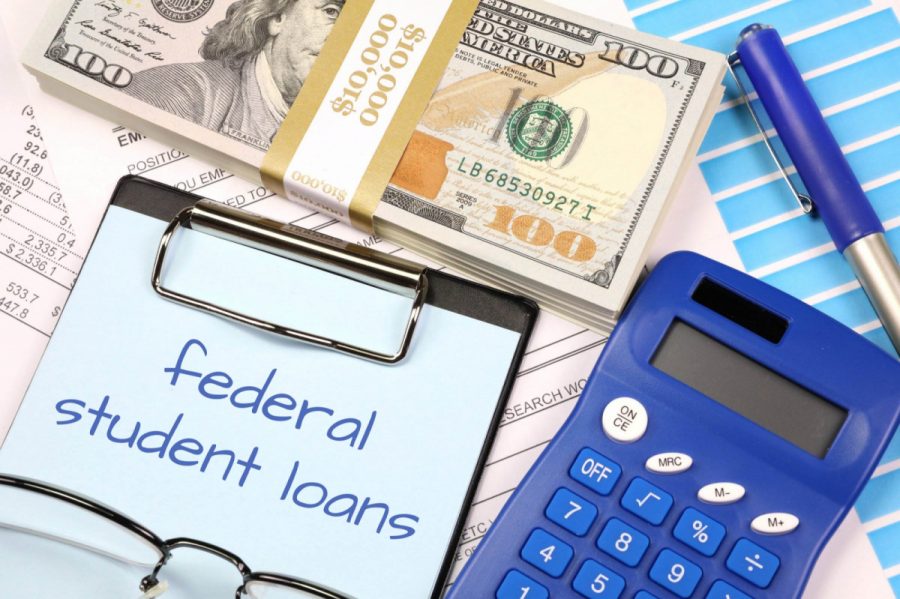

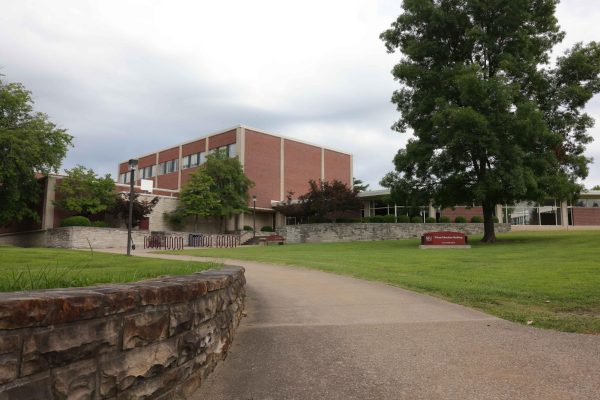

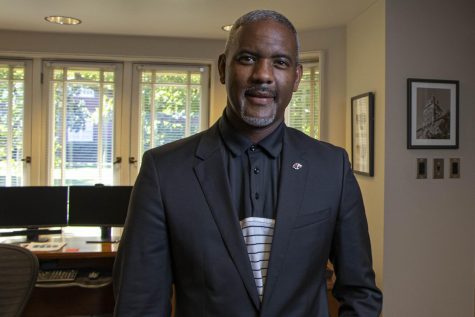

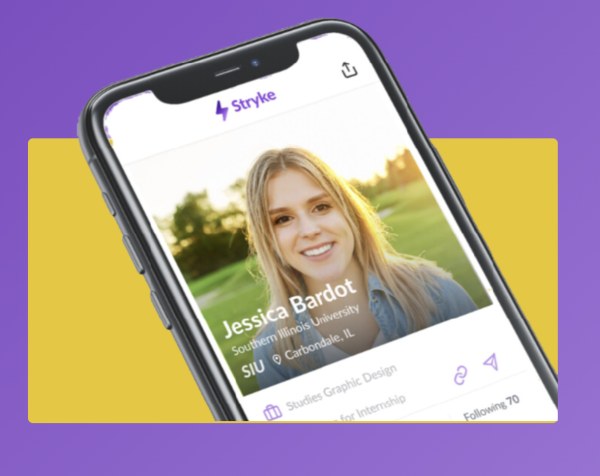

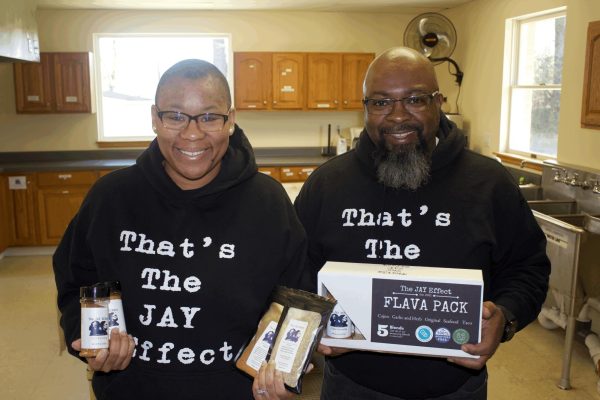
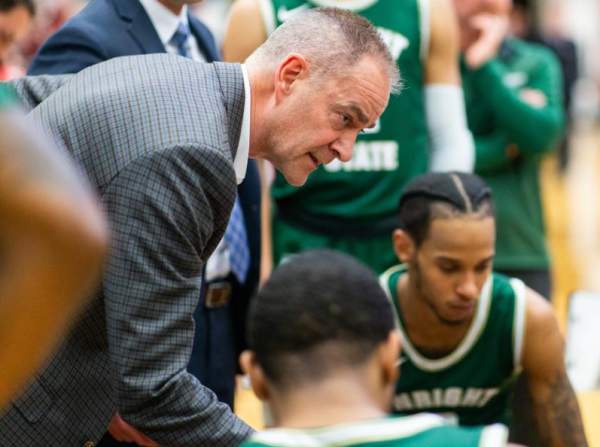
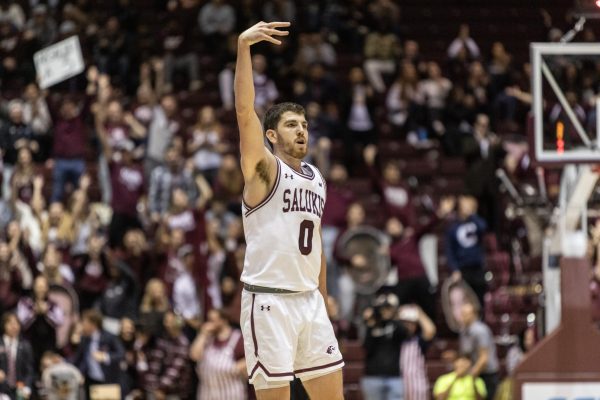
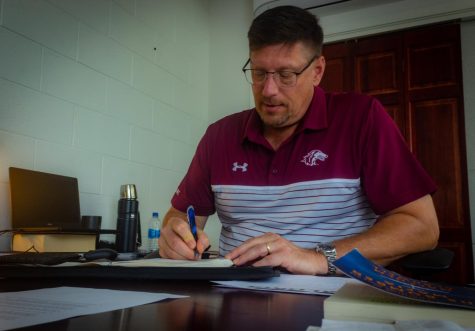
Goonga LaMunginso • Jul 1, 2023 at 11:05 pm
Solid piece of writing. This kid has potential. Maybe in the Sports Journalism field. Just a thought.